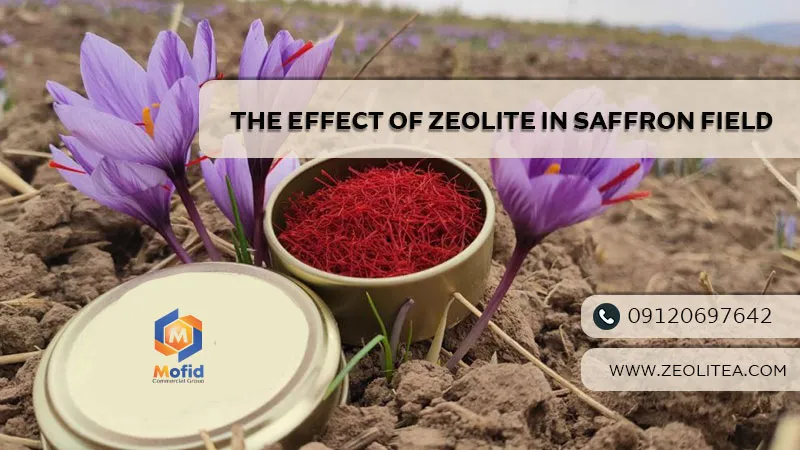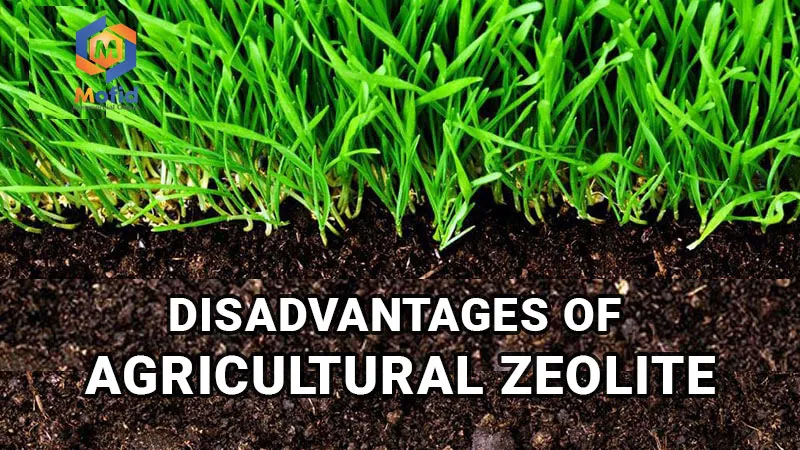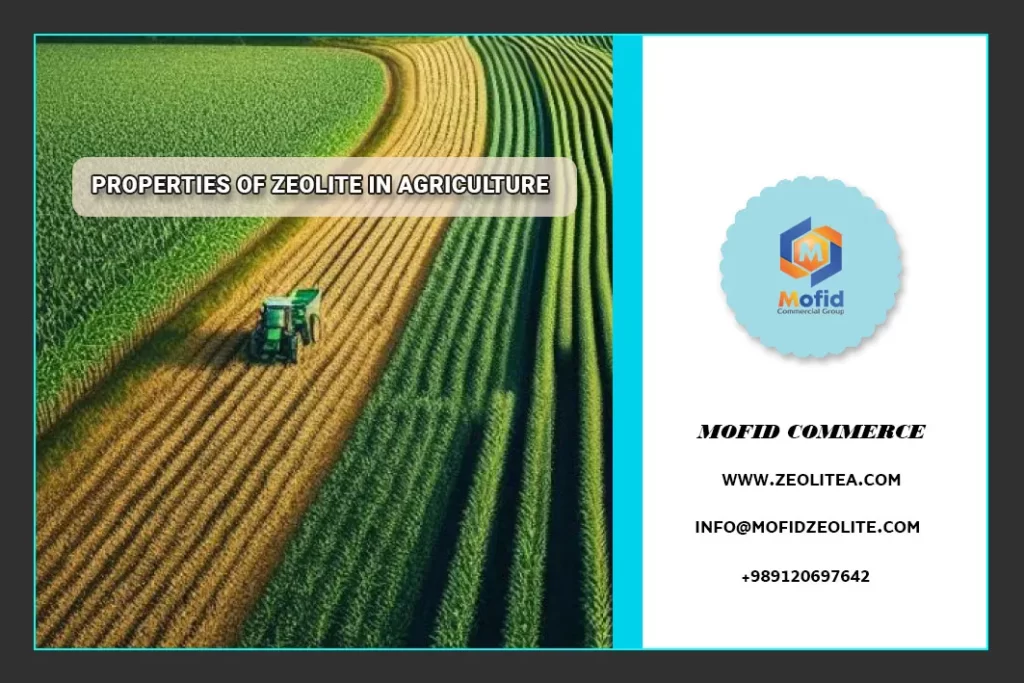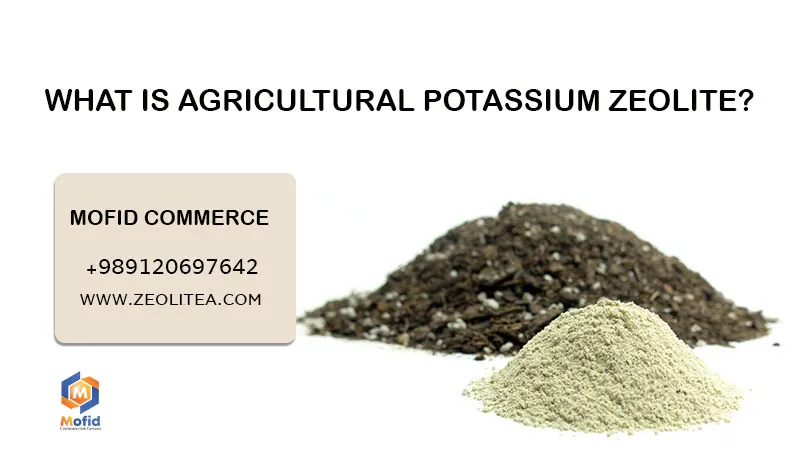The impact of zeolite on saffron farms is an important topic discussed in this article. Zeolite, as a porous mineral, can have positive effects on saffron farms. This substance is used in agriculture as a soil conditioner and offers significant benefits for saffron cultivation. The use of zeolite in saffron farms, due to its positive effects on water retention, plant nutrition, and soil improvement, can help increase the quality and quantity of saffron production.
Saffron is a semi-tropical and precious plant, with the majority of exports originating from its native region, Iran. After planting saffron bulbs and cultivating the plant, the part used is the orange stigma of the saffron flower. The saffron plant consists of six light purple petals, three red stigmas, and a stem. The beautiful color and pleasant aroma of saffron are due to a compound called crocin.
Benefits of Planting and Growing Saffron Bulbs with Zeolite
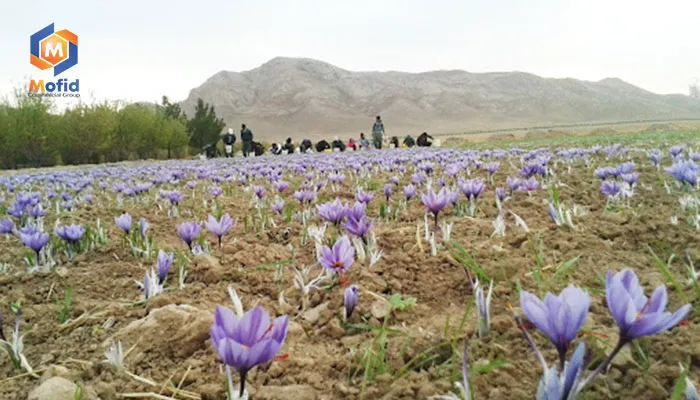
Water Retention Improvement: Agricultural zeolite has the property of absorbing and retaining water. This feature helps to retain moisture in the soil, reducing the need for irrigation. This is especially important in areas where water is limited.
Enhanced Nutrient Availability: Zeolite can hold cations of nutrients such as potassium, calcium, and magnesium in the soil and release them to the plant over time. This allows for more balanced plant nutrition and improved growth.
Reduced Soil Contamination: Zeolite can absorb heavy metals and other soil pollutants, preventing them from reaching the plant. This reduces saffron contamination and improves product quality.
Improved Soil Aeration: The porous structure of zeolite enhances soil aeration. This leads to better root growth and, as a result, increased saffron production.
pH Adjustment: Zeolite can act as a pH regulator, making acidic soils more suitable for saffron cultivation if needed.
How to Plant and Grow Saffron in Zeolite Soil
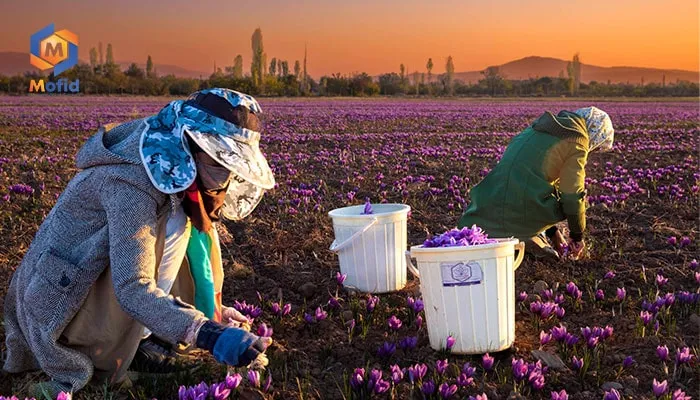
To plant saffron bulbs, pits are dug, and four to sixteen bulbs are placed in each pit. The depth of each pit should be between 15 to 20 centimeters. When placing the bulbs, the top of the bulb should face upwards. After planting the saffron bulbs, the farm soil should be immediately irrigated. However, if the soil is not dry before planting, irrigation can be done a few days after planting.
The Best Season for Saffron Planting
The season for planting and growing saffron lasts from June to the end of September. Saffron bulbs start to grow in the fall and go dormant in late spring. The saffron bulbs remain inactive in the soil throughout the summer until the next growing season begins.
Irrigation of Saffron
Although saffron is well-suited to dry and semi-dry areas, water stress can lead to reduced growth, yield, and agronomic characteristics of the plant. Therefore, the use of moisture-absorbing materials is essential to reduce the negative effects of water stress in saffron cultivation. Proper irrigation plays a crucial role in increasing the weight of the bulbs and improving saffron performance.
Suitable Soil for Saffron Bulbs Cultivation
Zeolite is widely used in crop cultivation due to its ability to retain water, supply nutrients, and improve soil quality. As saffron is propagated through bulbs, and the characteristics of the bulbs directly affect saffron yield, using zeolite can be effective. Research conducted by Khashaei Siouki and colleagues at Birjand University found that zeolite, due to its properties like high cation exchange, increased potassium availability, enhanced soil moisture, and nutrient supply, has a positive effect on saffron bulb weight. The use of zeolite also prevents a decrease in the number of bulbs weighing less than 6 to 8 grams, leading to an increase in the number of saffron flowers.
Purchasing Natural Zeolite for Saffron Cultivation
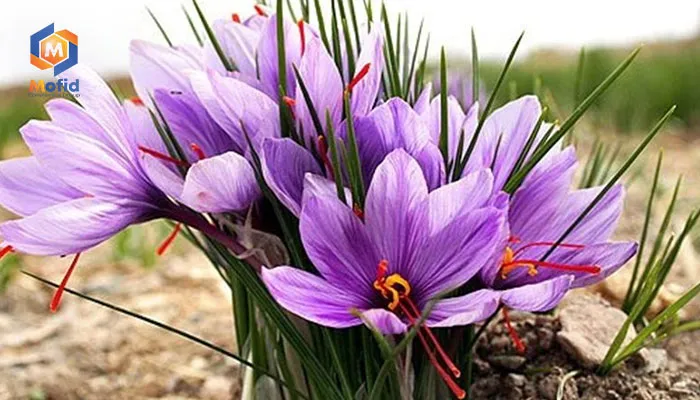
Asia Mineral and Materials Development Company, utilizing its zeolite mines, offers various sizes of zeolite specifically for saffron cultivation. The company provides natural zeolite products tailored to customer needs, with increased production capacity and the use of advanced technologies for crushing, sizing, and packaging. This allows the company to offer high-quality products at competitive prices. Contact us to place your order for natural zeolite.
4o

